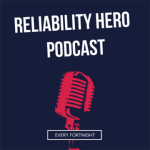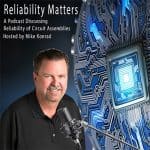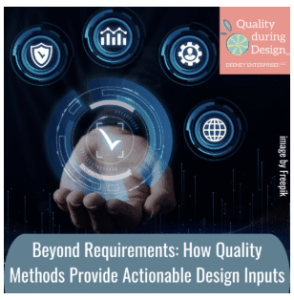
Soft Skills and Communication in Maintenance Management Plus NEWS about SMRP 2024
He’s Back!! George Williams joins CMMSradio to discuss the importance of soft skills and communication in the maintenance and reliability sector when considering the challenges maintenance professionals face in corporate environments and the need to understand organizational dynamics to influence decision-making. We talk about issues with implementing Computerized Maintenance Management Systems (CMMS) and the importance of documenting maintenance activities for budget justifications and operational improvements.
George also announces an upcoming SMPR 2024 conference workshop focused on assessing facilities and developing actionable strategies. Be sure to attend this workshop on Maintenance and Reliability Best Practices in Monday October 7, 2024 at #SMRP2024! It will help with facility assessment and strategy development.








 Ask a question or send along a comment.
Please login to view and use the contact form.
Ask a question or send along a comment.
Please login to view and use the contact form.